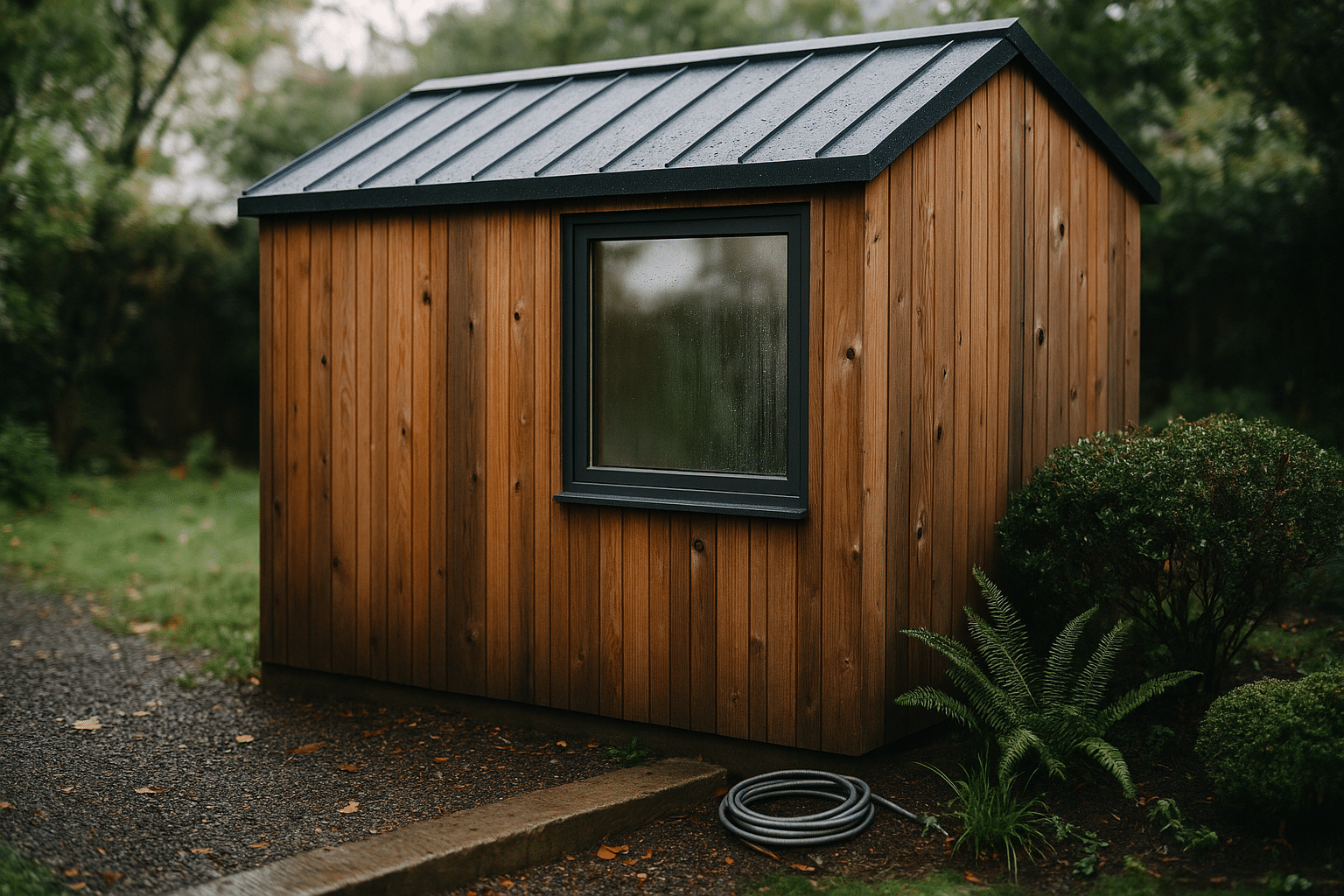
Using Mindfulness to Combat Anxiety in a Fast-Paced World
Amid the relentless hustle of modern life, anxiety has become an all-too-common companion for many. Thankfully, mindfulness offers a beacon of hope, guiding us to a calmer, more centered existence.
In a world where speed and efficiency often take precedence, managing anxiety is more crucial than ever. Mindfulness, a practice rooted in ancient traditions, has emerged as a powerful tool to combat anxiety by encouraging individuals to focus on the present moment.
Understanding Mindfulness
Mindfulness is more than just meditation; it’s a way of living that brings awareness and acceptance to our everyday experiences. According to Dr. Jon Kabat-Zinn, a leading expert in mindfulness, it involves paying attention in a particular way: on purpose, in the present moment, and non-judgmentally.
The Impact of Mindfulness on Anxiety
Research has shown significant benefits of mindfulness on mental health. A study published in the Journal of Anxiety, Stress, and Coping found that participants who practiced mindfulness reported lower levels of anxiety and increased emotional regulation. This aligns with findings from the American Psychological Association, which highlights mindfulness as an effective means to reduce stress and improve overall well-being.
Personal Experiences
Consider the experience of Alex, a marketing executive who found himself overwhelmed by the constant demands of his job. By incorporating mindfulness practices into his daily routine, Alex reported feeling more grounded and less reactive to stressors. His story is a testament to the transformative power of mindfulness.
Practical Steps to Incorporate Mindfulness
- Start Small: Begin with just five minutes a day dedicated to a mindfulness exercise, such as deep breathing or body scanning.
- Create a Routine: Integrate mindfulness into daily activities like eating or commuting.
- Use Technology: Apps and online resources can provide guided meditations and reminders to practice mindfulness.
Additional Resources
| Resource | Description |
|---|---|
| Mindful.org | Offers a wealth of articles and resources on mindfulness practices. |
| Headspace | A popular app that provides guided meditation and mindfulness exercises. |
| Mindfulness Australia | Provides information and training on mindfulness for individuals and organizations. |
| Psychology Today | Features articles on the psychological benefits of mindfulness. |
| Verywell Mind | Delivers insights into mental health, including mindfulness strategies. |
| Greater Good Magazine | Explores the science of a meaningful life, including mindfulness research. |
| Mindful Schools | Focuses on bringing mindfulness to education and children. |
| Calm | An app offering meditation, sleep, and relaxation techniques. |
Frequently Asked Questions
How does mindfulness reduce anxiety?
Mindfulness helps reduce anxiety by promoting a focus on the present moment, reducing rumination on past events, and minimizing worry about the future.
Can mindfulness be practiced anywhere?
Yes, mindfulness can be practiced anywhere, from a quiet room to a bustling commute. The key is to bring awareness to the present moment, wherever you are.
How long before I notice the effects of mindfulness?
While some might notice improvements quickly, it generally takes consistent practice over several weeks to experience significant changes in anxiety levels.
Conclusion
As we’ve explored, mindfulness is a valuable ally in managing anxiety, offering practical techniques to cultivate calm amidst the chaos. Embrace mindfulness as a lifelong journey, and allow it to guide you to a more balanced, tranquil state of mind.


